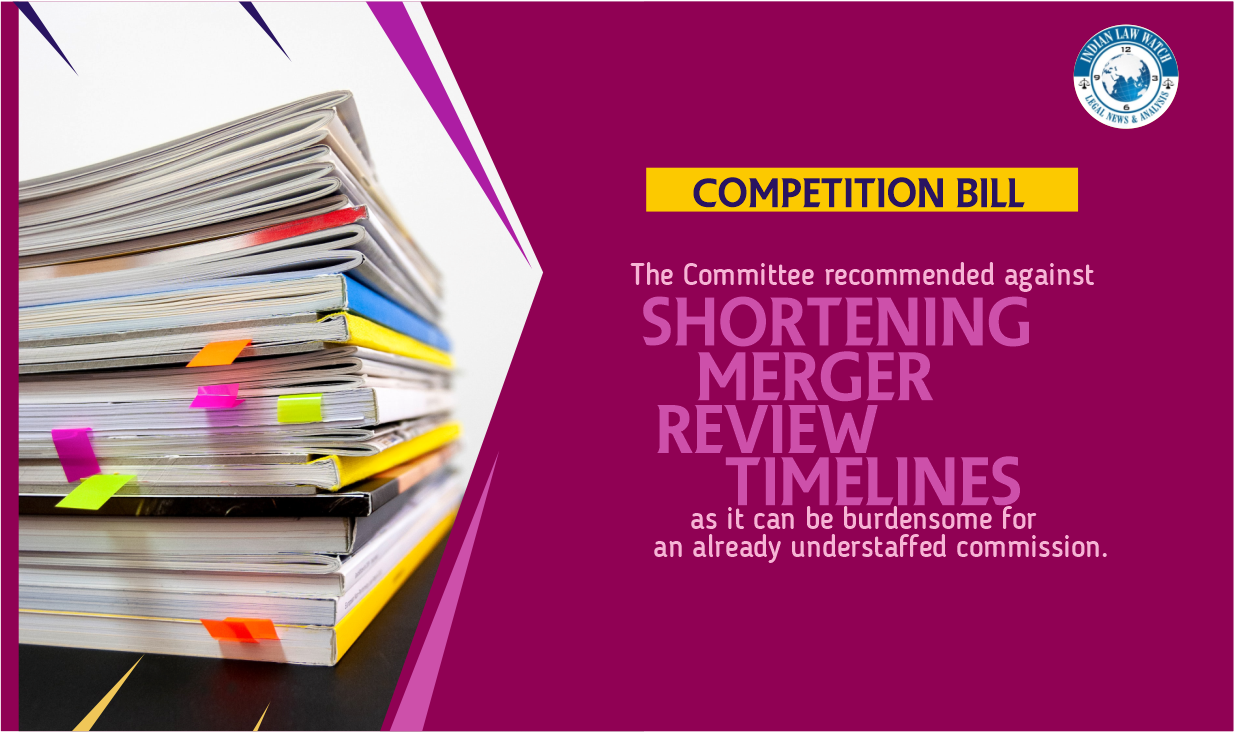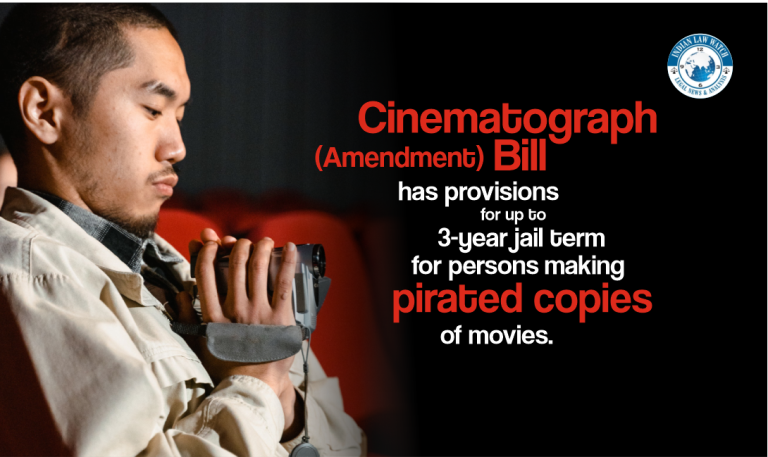

FICCI in its response to the standing committee had said that the introduction of material influence as proposed would still keep its definition vague and open to interpretation
The parliamentary standing committee on finance in its report has asked the corporate affairs ministry (MCA) to clarify the definition of material influence threshold — which has been introduced in the Competition Amendment Bill to ascertain who has control over an enterprise.

-
MCA has talked about positive and negative control — the latter is about the ability to block special resolution, which would determine the material influence. The committee has also said intellectual property rights (IPR) should be included as a defence against abuse of dominant position.
-
“In order to ensure ease of doing business, the Competition Commission of India needs to clarify through guidelines or FAQs as to what amounts and does not amount to control,” said G R Bhatia, partner, Luthra and Luthra Law Offices India.
-
Clause 6 of the Bill says ‘control’ means the ability to exercise material influence over management, strategic or commercial decisions by one or more enterprises or groups, either jointly or singly over another group or enterprise.
-
“Even if material influence is defined through regulations, it will result in an influx of notifications creating an unnecessary regulatory burden on industry and the CCI,” said Nisha Kaur Uberoi, Partner & National Head Competition, Trilegal.
-
FICCI in its response to the standing committee had said the introduction of material influence as proposed would still keep its definition vague and open to interpretation.
-
In practice, stakeholders said while the CCI has shifted from the “decisive influence” test to a lower threshold of “material influence” to determine control, it is only now that the bill expressly mentions the same.
-
“Unfortunately, the JPC recommends clarifying the material influence threshold — as opposed to retaining the definition of control, as we had suggested,” said Avaantika Kakkar, partner, Cyril Amarchand Mangaldas.
-
On the use of IPR, the competition act allows IPR exemption in case of anti-competitive agreements in Section 3 of the act but not in Section 4, which deals with abuse of dominant position.
-
The committee said the MCA had not put forth any strong argument as to why IPR cannot be used as a defence against abuse of dominant position. It said, “… it would be more desirable for CCI to specifically take into consideration the rights that a party may have in relation to reasonable exercise of its IPR when dealing with abuse of dominance cases to avoid uncertainty.”
The Committee has also recommended against shortening merger review timelines as it can be burdensome for an already understaffed commission.
Source: Business Standard





